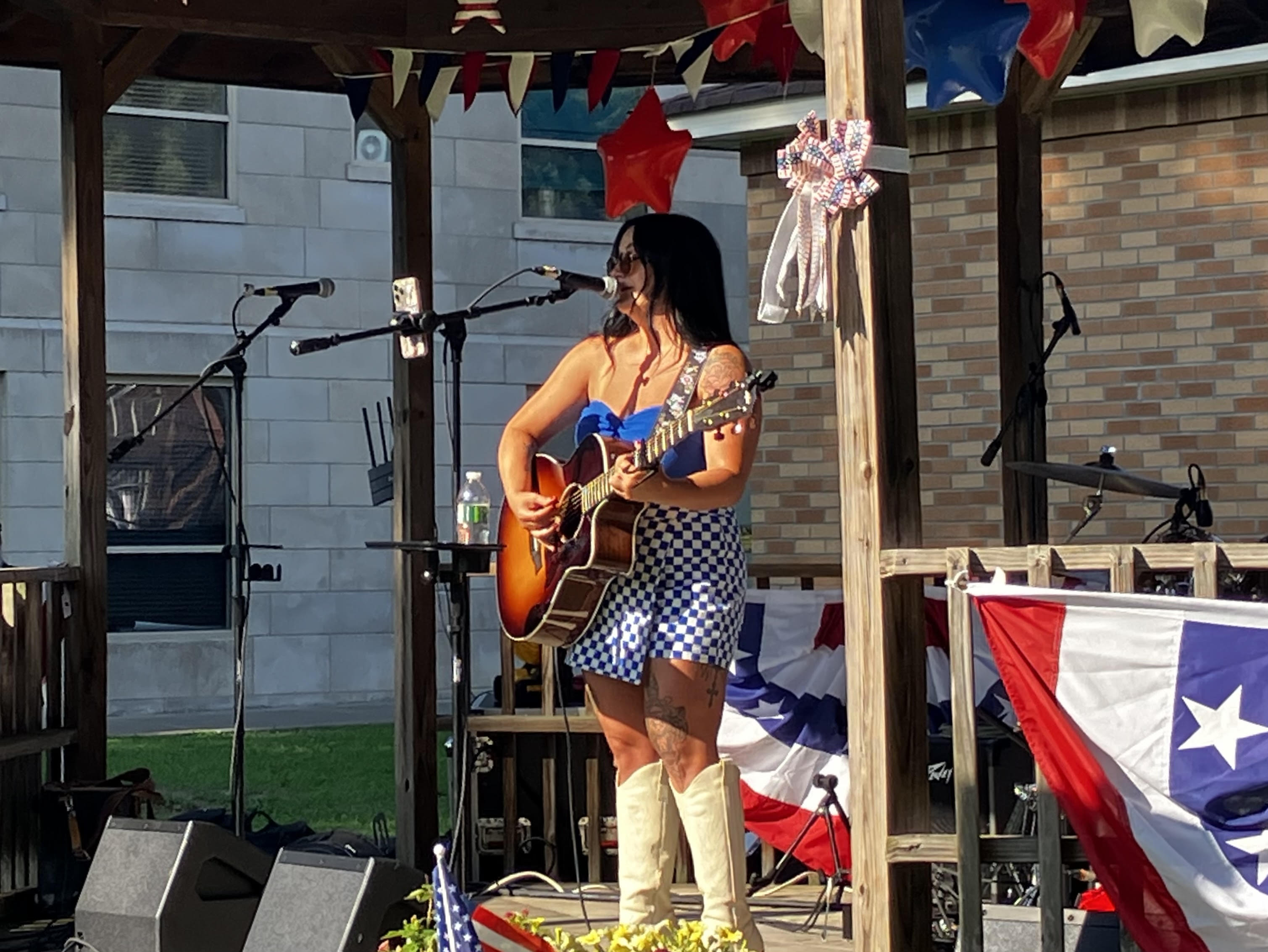Local election partisan bill dead for now
Published 12:30 pm Friday, March 10, 2023

- Legislation that would have made those seeking office in local elections run as partisan candidates is apparently dead this session while a measure giving more privacy to those who donate to non-profits cleared a House committee on Thursday. Although the local election measure appeared on the agenda, when the House Elections, Constitutional Amendments, and Intergovernmental Affairs Committee was called to order, the panel’s chair, Rep. Kevin Bratcher, R-Louisville, announced House Bill 50 would not be heard. After the meeting, Bratcher was asked by reporters why the measure wasn’t taken up. “We didn’t have the votes,” he replied. “You know how Frankfort is. Anything can happen tomorrow, or five minutes from now. This committee is not going to hear this bill, as far as I know, the rest of the session, but you never know.” Under provisions of the measure, it would require county commissioners, mayors, legislative body members including those representing city wards, city officers, school board members, and soil and water conservation officers, to run as partisan candidates in primary and regular elections. The committee did take up Senate Bill 62, sponsored by Sen. Whitney Westerfield, R-Fruit Hill, which is described as a privacy bill. Westerfield testified, “The state of California tried to do what Alabama did in 1958, to give private donor information from non-profits to the state. The attorney general was to get donor information in California, which was appealed on First Amendment grounds. The law was upheld by the U.S. 9th Circuit Court of Appeals, but the U.S. Supreme Court in 2001 said no, the state can’t compel you to turn over your non-profit donors.” He added the purpose of his bill was to codify the high court ruling into law. There are exceptions to non-disclosure in the proposed bill, such as personal information which must be made under campaign finance laws and regulations, or a court order. Willful violators could face civil penalties or even a criminal penalty of up to 90 days in jail. The bill was approved unanimously and now heads to the House floor for final action. (Photo by Tom Latek/Kentucky Today)
|
Getting your Trinity Audio player ready...
|
Legislation that would have made those seeking office in local elections run as partisan candidates is apparently dead this session while a measure giving more privacy to those who donate to non-profits cleared a House committee on Thursday.
Although the local election measure appeared on the agenda, when the House Elections, Constitutional Amendments, and Intergovernmental Affairs Committee was called to order, the panel’s chair, Rep. Kevin Bratcher, R-Louisville, announced House Bill 50 would not be heard.
After the meeting, Bratcher was asked by reporters why the measure wasn’t taken up. “We didn’t have the votes,” he replied. “You know how Frankfort is. Anything can happen tomorrow, or five minutes from now. This committee is not going to hear this bill, as far as I know, the rest of the session, but you never know.”
Trending
The committee did take up Senate Bill 62, sponsored by Sen. Whitney Westerfield, R-Fruit Hill, which is described as a privacy bill.
Westerfield testified, “The state of California tried to do what Alabama did in 1958, to give private donor information from non-profits to the state. The attorney general was to get donor information in California, which was appealed on First Amendment grounds. The law was upheld by the U.S. 9th Circuit Court of Appeals, but the U.S. Supreme Court in 2001 said no, the state can’t compel you to turn over your non-profit donors.”
He added the purpose of his bill was to codify the high court ruling into law.
There are exceptions to non-disclosure in the proposed bill, such as personal information which must be made under campaign finance laws and regulations, or a court order.
Willful violators could face civil penalties or even a criminal penalty of up to 90 days in jail.
The bill was approved unanimously and now heads to the House floor for final action.





